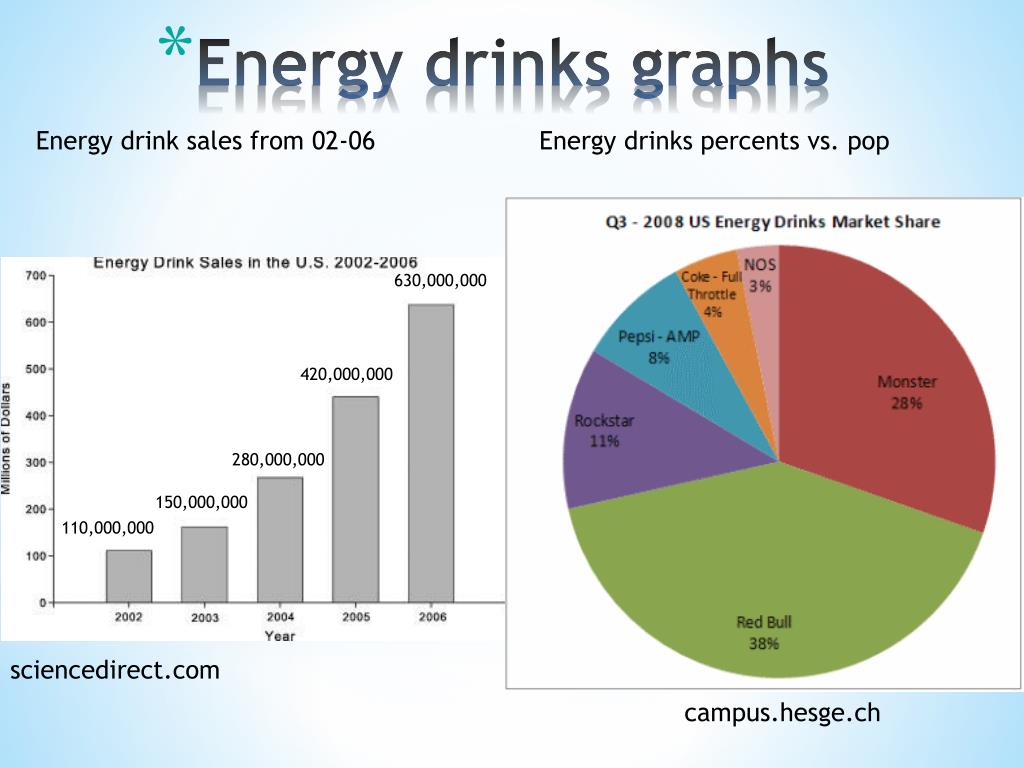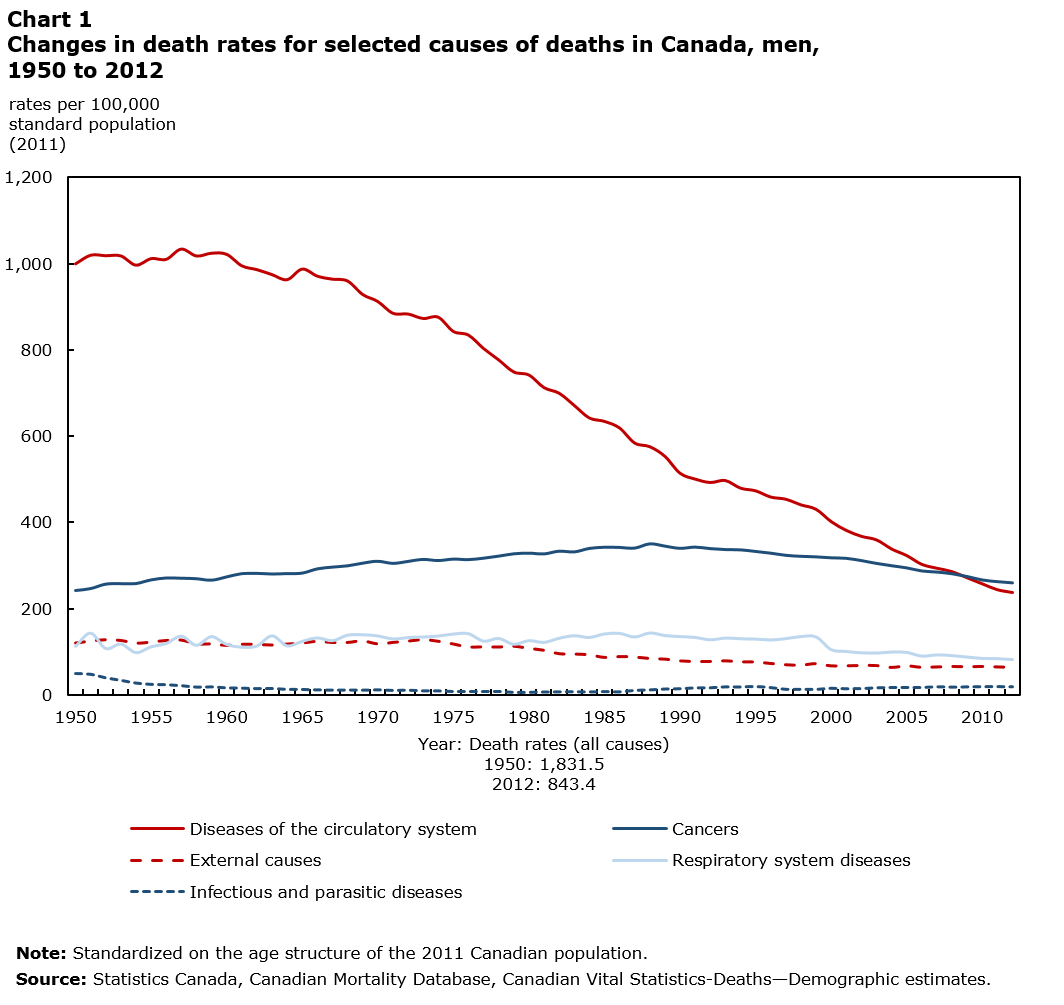Let’s cut to the chase—energy drinks have become a staple in our modern lives, whether it’s to power through an all-nighter or to get that extra boost before a workout. But have you ever wondered, how many people die of energy drinks a year? It’s not exactly the kind of question you’d ask over coffee, but it’s worth exploring if you’re concerned about your health or just curious about the darker side of this beverage phenomenon.
Energy drinks are marketed as the ultimate solution for fatigue, but they come with a hefty dose of caffeine and other stimulants that can wreak havoc on your body if consumed excessively. While the industry continues to grow, so do the concerns about its potential dangers. In this article, we’ll dive deep into the stats, explore real-life cases, and uncover the truth behind energy drink-related deaths.
Before we get into the nitty-gritty, let’s set the record straight. Energy drinks aren’t inherently evil, but like anything else, moderation is key. So, buckle up because we’re about to uncover some eye-opening facts that might just change the way you think about your favorite energy drink.
Read also:Valerie Bertinellis 80s Memory Loss A Journey Through Time Triumphs And Trials
Understanding the Scope: What We Know About Energy Drink Deaths
When it comes to the question of how many people die of energy drinks a year, the answer isn’t as straightforward as you might think. The data can be tricky to track because energy drink-related fatalities often involve other factors, such as pre-existing health conditions, excessive consumption, or mixing energy drinks with alcohol or drugs.
According to the American Heart Association, excessive caffeine intake from energy drinks has been linked to serious health issues, including heart attacks, seizures, and even death in extreme cases. While these incidents are rare, they do happen, and it’s important to understand the risks involved.
Key Statistics You Should Know
Let’s break it down with some numbers. According to a report by the National Poison Data System, there were over 4,800 calls related to energy drink exposure in 2020 alone. While not all of these cases resulted in fatalities, they highlight the growing concern around energy drink consumption.
- Approximately 34 deaths worldwide have been linked to energy drink consumption since the early 2000s.
- In the United States, energy drink-related emergency room visits have doubled in the past decade.
- Young adults and teenagers are the most at-risk groups for energy drink-related health issues.
These stats might seem alarming, but they underscore the importance of understanding the risks and taking precautions when consuming energy drinks.
Why Do Energy Drinks Pose Such a Risk?
The main culprit behind energy drink-related fatalities is the high caffeine content. Most energy drinks contain anywhere from 80 to 300 milligrams of caffeine per serving, which is significantly higher than a typical cup of coffee. When consumed in large quantities, this caffeine can lead to serious health complications.
But it’s not just the caffeine that’s the problem. Many energy drinks also contain other stimulants like taurine, guarana, and ginseng, which can amplify the effects of caffeine and increase the risk of adverse reactions.
Read also:Summer House Season 2 The Ultimate Guide To Your Favorite Summer Vibes
The Science Behind Caffeine Overdose
So, how much caffeine is too much? The general guideline is that adults should consume no more than 400 milligrams of caffeine per day. However, individual tolerance can vary based on factors like body weight, metabolism, and pre-existing health conditions.
When someone consumes excessive amounts of caffeine, their body can go into overdrive. Symptoms of caffeine overdose include rapid heartbeat, high blood pressure, nausea, dizziness, and in severe cases, seizures or cardiac arrest. These reactions can be fatal if left untreated.
Real-Life Cases: Energy Drink Fatalities
While energy drink-related deaths are relatively rare, they do occur, and the stories behind them are often tragic. Let’s take a look at a few notable cases that have made headlines over the years.
Case Study: The Death of Anais Fournier
In 2011, a 14-year-old girl named Anais Fournier tragically passed away after consuming two 24-ounce Monster energy drinks within a 24-hour period. The drinks contained a total of 480 milligrams of caffeine, which was enough to trigger a fatal cardiac arrest due to her pre-existing heart condition.
This case sparked a wave of lawsuits against energy drink manufacturers and led to increased scrutiny of their marketing practices, especially targeting minors.
Who’s Most at Risk?
While anyone can experience adverse effects from energy drinks, certain groups are more vulnerable than others. Here’s a breakdown of who’s most at risk:
- Teenagers and Young Adults: These groups are the primary consumers of energy drinks, often using them to stay awake during exams or to fuel late-night partying.
- People with Pre-Existing Health Conditions: Individuals with heart conditions, high blood pressure, or anxiety disorders are more likely to experience adverse reactions.
- Pregnant Women: High caffeine intake during pregnancy can increase the risk of complications, including low birth weight and preterm birth.
It’s crucial for these at-risk groups to be aware of the potential dangers and take steps to protect their health.
Energy Drinks and Alcohol: A Dangerous Combination
Mixing energy drinks with alcohol is a popular trend, especially among young adults. But this combination can be deadly. Energy drinks mask the sedative effects of alcohol, making it harder for people to gauge how intoxicated they really are. This can lead to excessive drinking, impaired judgment, and increased risk-taking behaviors.
Studies have shown that people who mix energy drinks with alcohol are more likely to engage in risky behaviors, such as drunk driving, and are at higher risk of alcohol poisoning.
Why Is This So Dangerous?
The stimulating effects of caffeine can counteract the depressant effects of alcohol, creating a false sense of sobriety. This can lead to overconsumption of both substances, increasing the risk of serious health complications.
Additionally, the diuretic effects of caffeine can exacerbate dehydration, which is already a common side effect of alcohol consumption. This combination can put undue stress on the heart and kidneys, potentially leading to life-threatening conditions.
Regulations and Safety Measures
In response to growing concerns about energy drink safety, many countries have implemented regulations to limit their caffeine content and restrict marketing to minors. The European Food Safety Authority, for example, recommends that energy drinks should not exceed 320 milligrams of caffeine per liter.
In the United States, the FDA has issued warnings to energy drink manufacturers about misleading labeling and marketing practices. Some states have even banned the sale of energy drinks to minors altogether.
What Can You Do to Stay Safe?
Here are a few tips to help you consume energy drinks safely:
- Limit your intake to no more than one serving per day.
- Avoid mixing energy drinks with alcohol or other stimulants.
- Be aware of any pre-existing health conditions that could increase your risk of adverse reactions.
- Choose energy drinks with lower caffeine content and fewer added sugars.
By following these guidelines, you can enjoy the benefits of energy drinks without putting your health at risk.
Alternatives to Energy Drinks
If you’re looking for a safer way to boost your energy levels, there are plenty of alternatives to consider. Here are a few options:
Natural Energy Boosters
- Green Tea: Packed with antioxidants and a moderate amount of caffeine, green tea is a great alternative to energy drinks.
- Fruits and Vegetables: Foods like bananas, apples, and spinach are natural energy boosters that can keep you fueled throughout the day.
- Hydration: Dehydration can lead to fatigue, so make sure you’re drinking enough water throughout the day.
By incorporating these natural energy boosters into your diet, you can improve your overall health and well-being without relying on energy drinks.
The Future of Energy Drinks
As awareness about the potential dangers of energy drinks continues to grow, the industry is likely to face increased scrutiny and regulation. Some manufacturers are already responding by reformulating their products to reduce caffeine content and improve transparency in labeling.
However, it’s up to consumers to make informed choices about their energy drink consumption. By staying educated and taking steps to protect your health, you can enjoy the benefits of energy drinks without falling victim to their risks.
Conclusion: How Many People Die of Energy Drinks a Year?
So, how many people die of energy drinks a year? While the exact number may vary depending on the source, one thing is clear—energy drink-related fatalities, though rare, are a real concern. By understanding the risks and taking precautions, you can enjoy the benefits of energy drinks without putting your health at risk.
We encourage you to share this article with your friends and family to spread awareness about the potential dangers of energy drinks. And if you have any questions or comments, feel free to leave them below. Let’s keep the conversation going!
Table of Contents
- Understanding the Scope: What We Know About Energy Drink Deaths
- Why Do Energy Drinks Pose Such a Risk?
- Real-Life Cases: Energy Drink Fatalities
- Who’s Most at Risk?
- Energy Drinks and Alcohol: A Dangerous Combination
- Regulations and Safety Measures
- Alternatives to Energy Drinks
- The Future of Energy Drinks
- Conclusion: How Many People Die of Energy Drinks a Year?



